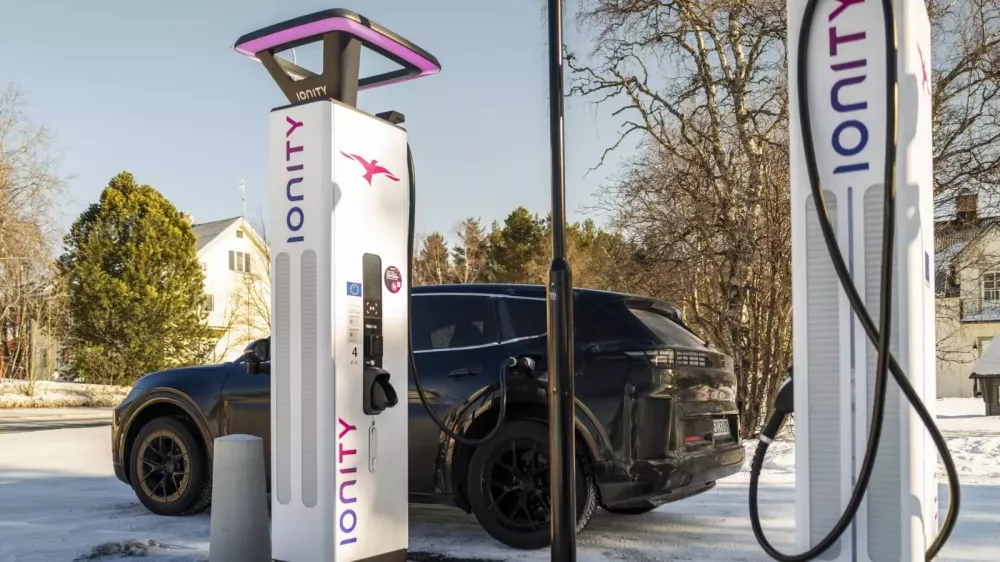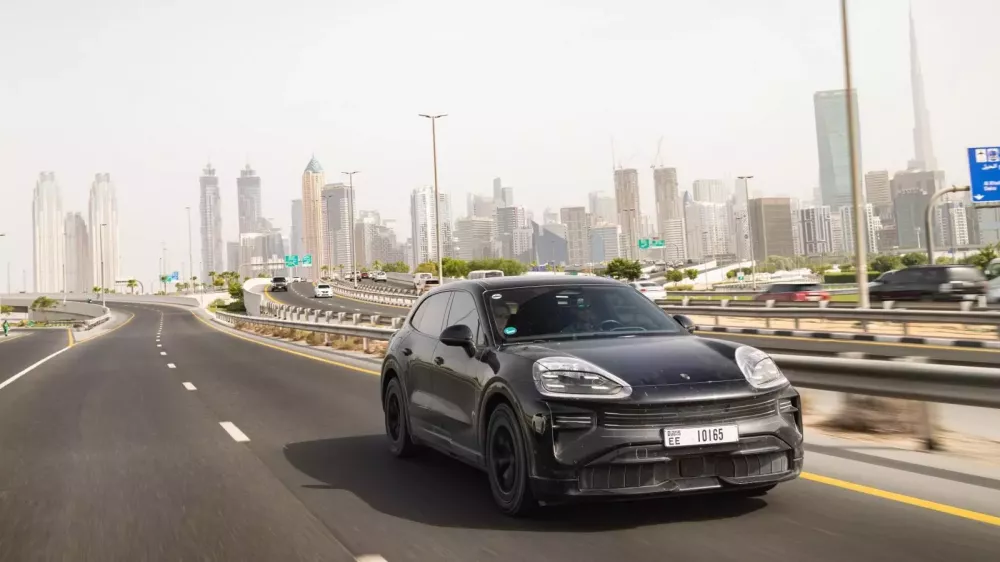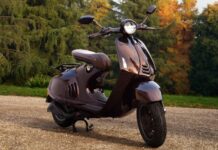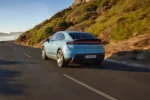Not long ago, Porsche began reversing its electric vehicle strategy by announcing plans to produce the Cayenne with internal combustion engines well into the 2030s. The Zuffenhausen-based automaker was also spotted testing the next-generation internal combustion Macan, built on Audi’s Premium Platform Combustion from the Q5.
It’s no surprise that the German company has finally acknowledged the critical role internal combustion vehicles play in their financial health. In the accompanying press release, Porsche confirmed a delay in developing their new electric vehicle platform.
This shift will significantly impact the automaker’s operating profit in 2025, with Porsche estimating a loss of approximately €1.8 billion. Given these developments, Porsche has also confirmed that its long-awaited flagship SUV will not debut as a fully electric model.
Codenamed K1, the new vehicle will initially enter production with internal combustion and plug-in hybrid powertrains. Further good news for Porsche enthusiasts: the company has confirmed that current internal combustion models will remain in production longer than initially planned. However, the 718 is set to transition to an all-electric platform.

While the Boxster and Cayman may return with internal combustion engines at some point, it’s important to note that the 911 generates significantly higher profit margins than the 718. With the 718 Electric nearly complete, investing further in a new internal combustion 718 generation would be impractical.
Speaking of the 718, the mid-engine sibling of the 911 will end production in October 2025. Final deliveries are scheduled for March 2026, signaling the imminent arrival of the 718 Electric. Notably, Porsche plans to retain its V8 engines beyond 2030.

The German automaker has also signaled the continued use of its six-cylinder boxer engines, starting with the new H6 engine in the 911 Carrera GTS and 911 Turbo S. Both 3.6-liter engines are electrified, with the Carrera GTS featuring a single turbo compared to the Turbo S’s twin-turbo setup.
As of September 2025, the most powerful production 911 to date is the revised Turbo S. Marketed as a 2026 model in the U.S., this all-wheel-drive variant starts at $270,300 and delivers a total output of 701 horsepower.
Of that, 631 horsepower comes from the 3.6-liter engine. At top speed, the 911 Turbo S reaches 200 mph (322 km/h) and can sprint from 0 to 60 mph in just 2.4 seconds. With the Sport Chrono Package, it completes a quarter-mile in 10.3 seconds.

Among V8 models, the Panamera Turbo S E-Hybrid reigns supreme with a maximum output of 771 horsepower. The Cayenne Turbo E-Hybrid is no slouch either, boasting 729 horsepower from its plug-in hybrid system, according to Porsche.
Porsche Hikes Prices in the US
Porsche has announced a price adjustment for its entire range of vehicles in the US market, with an increase of 2.4% to 3.6%. This strategic move by Porsche is sure to capture the attention of automotive enthusiasts and collectors alike. With this adjustment, Porsche underscores its commitment to delivering unparalleled performance, luxury, and an exclusive driving experience.














































